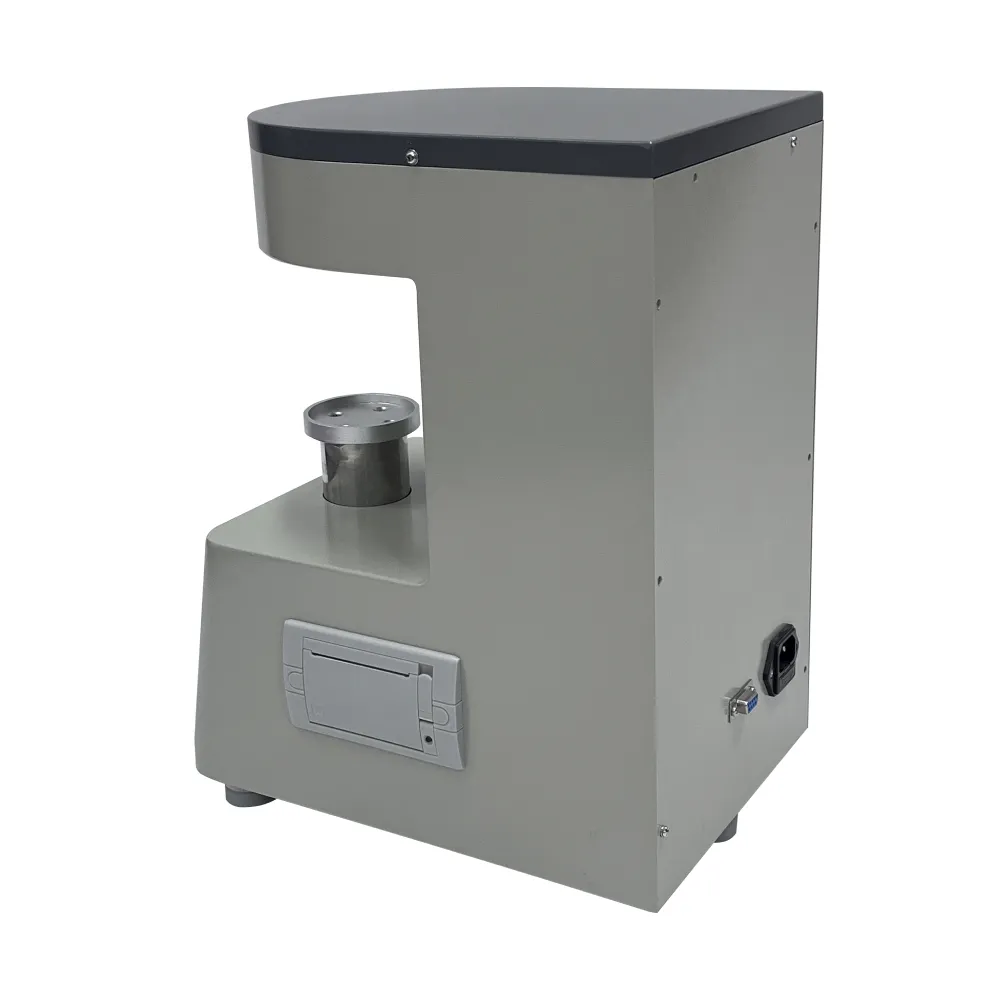 English
English



-
 Afrikaans
Afrikaans -
 Albanian
Albanian -
 Amharic
Amharic -
 Arabic
Arabic -
 Armenian
Armenian -
 Azerbaijani
Azerbaijani -
 Basque
Basque -
 Belarusian
Belarusian -
 Bengali
Bengali -
 Bosnian
Bosnian -
 Bulgarian
Bulgarian -
 Catalan
Catalan -
 Cebuano
Cebuano -
 China
China -
 China (Taiwan)
China (Taiwan) -
 Corsican
Corsican -
 Croatian
Croatian -
 Czech
Czech -
 Danish
Danish -
 Dutch
Dutch -
 English
English -
 Esperanto
Esperanto -
 Estonian
Estonian -
 Finnish
Finnish -
 French
French -
 Frisian
Frisian -
 Galician
Galician -
 Georgian
Georgian -
 German
German -
 Greek
Greek -
 Gujarati
Gujarati -
 Haitian Creole
Haitian Creole -
 hausa
hausa -
 hawaiian
hawaiian -
 Hebrew
Hebrew -
 Hindi
Hindi -
 Miao
Miao -
 Hungarian
Hungarian -
 Icelandic
Icelandic -
 igbo
igbo -
 Indonesian
Indonesian -
 irish
irish -
 Italian
Italian -
 Japanese
Japanese -
 Javanese
Javanese -
 Kannada
Kannada -
 kazakh
kazakh -
 Khmer
Khmer -
 Rwandese
Rwandese -
 Korean
Korean -
 Kurdish
Kurdish -
 Kyrgyz
Kyrgyz -
 Lao
Lao -
 Latin
Latin -
 Latvian
Latvian -
 Lithuanian
Lithuanian -
 Luxembourgish
Luxembourgish -
 Macedonian
Macedonian -
 Malgashi
Malgashi -
 Malay
Malay -
 Malayalam
Malayalam -
 Maltese
Maltese -
 Maori
Maori -
 Marathi
Marathi -
 Mongolian
Mongolian -
 Myanmar
Myanmar -
 Nepali
Nepali -
 Norwegian
Norwegian -
 Norwegian
Norwegian -
 Occitan
Occitan -
 Pashto
Pashto -
 Persian
Persian -
 Polish
Polish -
 Portuguese
Portuguese -
 Punjabi
Punjabi -
 Romanian
Romanian -
 Russian
Russian -
 Samoan
Samoan -
 Scottish Gaelic
Scottish Gaelic -
 Serbian
Serbian -
 Sesotho
Sesotho -
 Shona
Shona -
 Sindhi
Sindhi -
 Sinhala
Sinhala -
 Slovak
Slovak -
 Slovenian
Slovenian -
 Somali
Somali -
 Spanish
Spanish -
 Sundanese
Sundanese -
 Swahili
Swahili -
 Swedish
Swedish -
 Tagalog
Tagalog -
 Tajik
Tajik -
 Tamil
Tamil -
 Tatar
Tatar -
 Telugu
Telugu -
 Thai
Thai -
 Turkish
Turkish -
 Turkmen
Turkmen -
 Ukrainian
Ukrainian -
 Urdu
Urdu -
 Uighur
Uighur -
 Uzbek
Uzbek -
 Vietnamese
Vietnamese -
 Welsh
Welsh -
 Bantu
Bantu -
 Yiddish
Yiddish -
 Yoruba
Yoruba -
 Zulu
Zulu
Advanced Equipment for Accurate Flash Point Testing in Various Industries and Applications
Flash Point Testing Equipment An Essential Tool for Safety and Quality Control
Flash point testing is an essential procedure in various industries, particularly those dealing with flammable materials such as chemicals, fuels, and solvents. The flash point of a substance is the lowest temperature at which it can vaporize to form an ignitable mixture with air. Accurate determination of this property is critical for safety, handling, and regulatory compliance. Flash point testing equipment plays a vital role in ensuring these measurements are precise and reliable.
There are several methods to determine the flash point, including the closed cup and open cup tests. The choice of method depends on the nature of the substance being tested, regulatory standards, and specific industry requirements. Closed cup methods, such as the Pensky-Martens and the Tag Closed Tester, are commonly used for more volatile liquids. In contrast, open cup methods, such as the Cleveland Open Cup, are typically used for heavier oils and substances with higher flash points.
One of the most important aspects of flash point testing is the equipment used. High-quality flash point testers are designed to provide accurate readings while ensuring the safety of operators. Modern flash point testing instruments come equipped with advanced features, including automatic temperature control, digital readouts, and safety interlocks. These innovations enhance workflow efficiency and reduce the risk of human error in measurement.
When choosing flash point testing equipment, it’s crucial to consider several factors. The measuring range is a key criterion; different materials have varying flash points, and the equipment should accommodate a wide range of temperatures. Additionally, accuracy and repeatability are critical for obtaining reliable results, particularly for industries that adhere to strict safety regulations. It is also important to consider the ease of use, maintenance requirements, and the availability of technical support from the manufacturer.
flash point testing equipment

Quality control is another significant aspect where flash point testing equipment plays a crucial role. Many industries, including petrochemicals, pharmaceuticals, and manufacturing, must ensure that the materials they use comply with safety standards and regulations. Regular flash point testing not only helps in quality assurance but also in risk management by preventing accidents related to fire and explosions.
Moreover, staying compliant with local and international safety standards such as the American Society for Testing and Materials (ASTM) and the National Fire Protection Association (NFPA) is paramount for manufacturers and operators. Properly calibrated and maintained flash point testing equipment is essential in meeting these standards and ensuring that products are safe for consumer use.
Training personnel to operate flash point testing machines safely and effectively is another critical aspect of maintaining laboratory safety. Operators must understand the equipment's features, the significance of the tests being conducted, and the correct procedures for testing. This knowledge not only promotes safety but also leads to more accurate results and a better understanding of the materials being tested.
In conclusion, flash point testing equipment is a critical component of safety and quality control in industries that handle flammable substances. The proper selection, use, and maintenance of this equipment can significantly influence operational safety and regulatory compliance. As technology continues to evolve, the flash point testing equipment will become even more sophisticated, providing enhanced safety, efficiency, and accuracy. Investing in the right equipment and training can safeguard personnel and assets while ensuring that products meet necessary safety standards.
-
Testing Equipment Industry Sees Major Advancements in 2025: Smart & Precision Technologies Lead the WayNewsJun.06,2025
-
Applications of Direct Current Generators in Renewable Energy SystemsNewsJun.05,2025
-
Hipot Tester Calibration and Accuracy GuidelinesNewsJun.05,2025
-
Digital Circuit Breaker Analyzer Features and BenefitsNewsJun.05,2025
-
Benefits of Real-Time Power Quality Monitoring Devices for Industrial EfficiencyNewsJun.05,2025
-
Earth Fault Loop Testing in High-Rise Building Electrical SystemsNewsJun.05,2025



